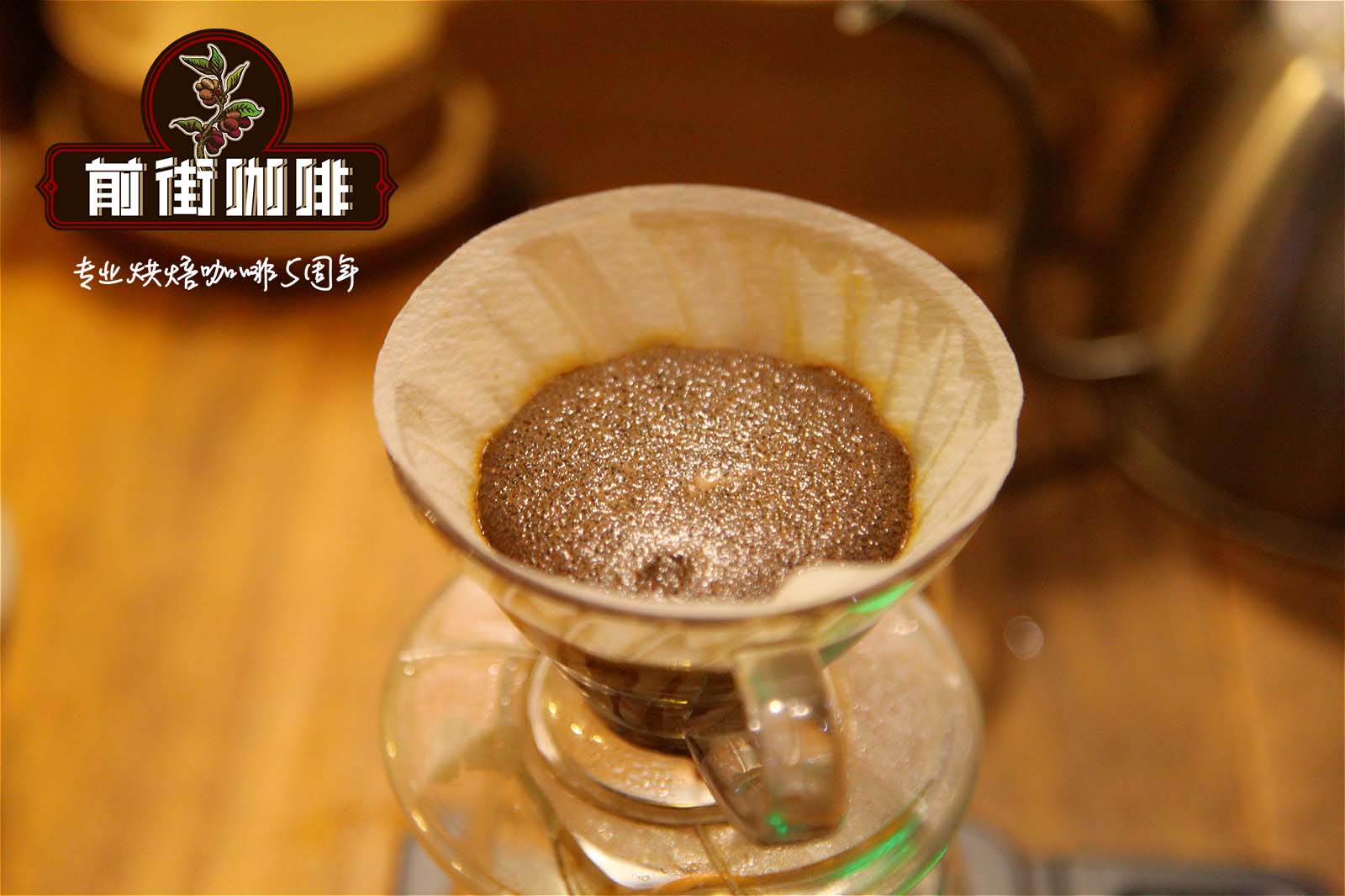How to drink Yemeni mocha coffee beans? Yemeni coffee flavor characteristics of Yemeni boutique coffee beans

Professional coffee knowledge exchange more coffee bean information please follow the coffee workshop (Wechat official account cafe_style)
Yemen is famous for its frankincense or spice trade and is the first place of origin in the world to grow coffee mochas.
If you follow before, this is also the place where Noah built the ark in the Bible.
Legend has it that the legendary queen, the territory of Sheba, who went to Jerusalem with gold, spices and large envoys 3000 years ago to find King Solomon and gave birth to a son. (it is rumored that this son is the first king of Ethiopia.)
In any case, perhaps because of the history since ancient times, it is said that the people in this land still have high self-esteem and are extremely independent.
Yemen, which retained its way of life thousands of years ago, is said to be out of reach of the central government in many places. Ethiopia, across the sea from Yemen, also sells coffee through the port of Mocha, so Ethiopian sun-treated coffee is often referred to as mocha (such as Harald ETHIOPIA Harra Mokka, Ethiopia). Yemeni mocha is the originator of the world coffee trade. It plays an important role in promoting delicious coffee to Yemen all over the world. It is called "Arabica Coffee (Arabia)", which is the origin of the name "Arabica Origin".
For lovers who dabble in coffee slightly, when it comes to Yemeni coffee, it is easy to think of "mocha".
Yemen has a long history of growing coffee. By the early 17th century, Yemeni coffee beans began to be exported to Europe from the southwestern port of Mocha. Europeans called the coffee beans shipped from the port of Mocha "mocha coffee". Ethiopia, which is across the red sea from Yemen, later used the port of Mocha to export coffee beans, so that coffee beans treated in the sun in Ethiopia are often regarded as mochas.
Yemeni coffee is still grown in much the same way as it was five hundred years ago, almost all on mountain slopes as high as 3000 to 7000 feet. Due to the lack of rainfall, it is necessary to rely on the strong water retention capacity of coffee trees to survive the dry period. The bad growth conditions make the coffee beans smaller, but the hardness is quite high. The varieties of Yemeni coffee are also quite complex, including adzuki bean Ismaili and the ancient heirloom, as well as Adeni and Mattari.
Yemen is located in Ethiopia across the Red Sea and East Africa, and is the highest quality producer of natural sun coffee. The coffee produced in Yemen is called mocha beans. In fact, Mocha is a coffee export port. In the early days, sun beans from nearby East Africa were exported from the port of Mocha to all parts of the world, so the sun beans produced by Ethiopia, which includes Yemen and East Africa, are collectively called Moka beans.
The natural sun treatment in Yemen is to manually harvest fully mature coffee beans and directly place the newly harvested coffee beans in a special coffee drying yard or in their own compacted soil front yard to receive the sun. During the sun drying period with Taiwan, rice is usually turned over with a wooden rake to keep each bean evenly dried. After about 20 days of coffee drying, remove the outer pulp and peel from the coffee beans. Yemeni coffee is rich in flavor? Complicated? Wild? Mellow? With its strong fermented taste and low acidity, coupled with the uncertainty of Yemeni coffee (when it rains in the season), it is no exaggeration to call it the most special coffee in the world.
Yemeni mocha is a good coffee full of changes. after brewing, the aroma of fermented wine can be heard at high temperature. when the temperature drops, it begins to taste the changeable and complex taste. At low temperature, it can completely release the acid and sugar from the coffee.
Qianjie Coffee also has such a unique coffee, Yemeni Moka Matali. With 89 degrees water to cook, the entrance is a strong dark chocolate flavor, slowly round grape acid emerged, the rich layers are very surprising.
Qianjie coffee: Guangzhou bakery, the store is small but a variety of beans, you can find a variety of unknown beans, but also provide online store services. Https://shop104210103.taobao.com
Important Notice :
前街咖啡 FrontStreet Coffee has moved to new addredd:
FrontStreet Coffee Address: 315,Donghua East Road,GuangZhou
Tel:020 38364473
- Prev

Yemeni coffee flavor Yemeni coffee characteristics Yemeni boutique coffee
For more information on coffee beans, please follow the coffee workshop (official Wechat account cafe_style). Yemeni coffee is immediately reminiscent of the magical sun-dried beans that taste thick and full, and the fantasy wild aroma of fermented tea in its aftertaste is stacked, full of mystery and elusiveness and infinite longing like the country of Yemen. Yemen is located in Ethiopia across the Red Sea and East Africa in Asia.
- Next

Yemeni coffee flavor how to drink Yemeni boutique coffee beans? What are the characteristics of Yemeni mocha coffee
For more information on coffee beans, please follow the coffee workshop (official Wechat account cafe_style). Yemeni coffee is immediately reminiscent of the magical sun-dried beans that taste thick and full, and the fantasy wild aroma of fermented tea in its aftertaste is stacked, full of mystery and elusiveness and infinite longing like the country of Yemen. Yemen is located in Asia across the Red Sea and East Africa.
Related
- Detailed explanation of Jadeite planting Land in Panamanian Jadeite Manor introduction to the grading system of Jadeite competitive bidding, Red bid, Green bid and Rose Summer
- Story of Coffee planting in Brenka region of Costa Rica Stonehenge Manor anaerobic heavy honey treatment of flavor mouth
- What's on the barrel of Blue Mountain Coffee beans?
- Can American coffee also pull flowers? How to use hot American style to pull out a good-looking pattern?
- Can you make a cold extract with coffee beans? What is the right proportion for cold-extracted coffee formula?
- Indonesian PWN Gold Mandrine Coffee Origin Features Flavor How to Chong? Mandolin coffee is American.
- A brief introduction to the flavor characteristics of Brazilian yellow bourbon coffee beans
- What is the effect of different water quality on the flavor of cold-extracted coffee? What kind of water is best for brewing coffee?
- Why do you think of Rose Summer whenever you mention Panamanian coffee?
- Introduction to the characteristics of authentic blue mountain coffee bean producing areas? What is the CIB Coffee Authority in Jamaica?

